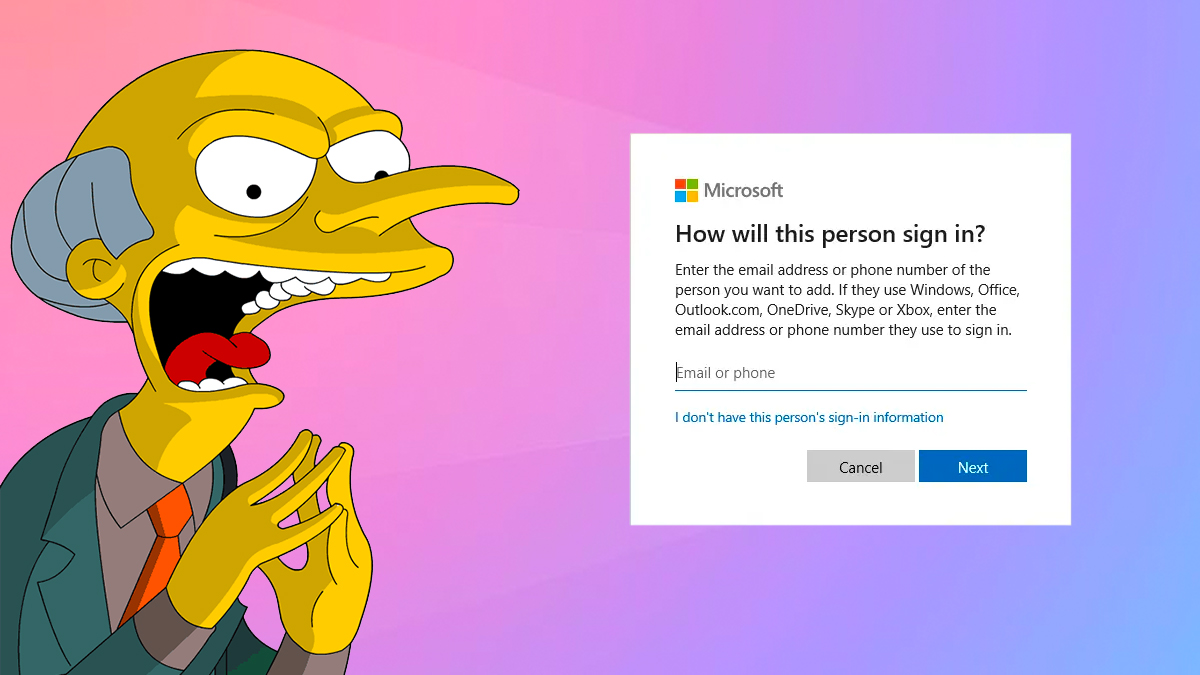The changes to Windows for DMA-compliance include:
- You can now uninstall Edge and Bing web search using the built-in settings. Earlier, the option was greyed out.
- Third-party web search application developers can now utilize the Windows search box in the taskbar using the instructions provided by Microsoft and choose any web browser to show results from the web.
- Microsoft will no longer sign-in users to Edge, Bing, and Microsoft Start services during the initial Windows setup experience.
- Data collected about the functioning of non-Microsoft apps, primarily bug detection and its effects on the OS, from Windows PCs will not be used for competitive purposes.
- Microsoft, from now on, will need explicit user consent before combining data from the OS and other sources. It will also deliver new consent screens where required.
These changes are only applicable to users in the EEA. For those outside the region, Windows will continue to function as it is!



You don’t buy the software. You buy a license to use their software.
I have no idea why you’re being downvoted because you’re right. You don’t really own hardly any of the software you buy. You don’t buy the software, you buy a license to use it in almost all commercial cases. It would be financial suicide for companies to revoke those licenses in most cases, but it still is what it is.
Just because software vendors legally made it that way doesn’t make it right. Also probably the main reason, many people don’t have any qualms pirating.
Sure, but I’m not making a statement about the ethics of it. I’m just stating that that’s the current reality. That’s how commercial software is sold. I’ll freely agree it’s a bullshit practice and we should actually be able to own things, but that’s a whole different discussion.
K, but conquer4 certainly seemed to be either implying it or making an irrelevant distinction, since the comment they replied to was a “should” kind of comment.
Right. This is only “right” because tech corporations were allowed to undermine the meaning of ownership without any attempt to protect customer rights. The concept of “buying a license” is fundamentally contradictory, because without the transfer of ownership, nothing was “bought”. Yet they still present this licensing process as if it was a purchase, which is deceptive.
Many take it for granted that this is just the nature of digital purchases, but the digital market simply created the opportunity for companies to redefine purchases with less resistance. Now they are trying to do the same with physical objects: physical media, technological devices, vehicles, so forth, trying to establish that people didn’t own what they bought.
And the basis of all of this is simply that they wrote some text that they said so. Can you imagine if customers tried something like this? They would be laughed out of the room. It’s a sham. The flimsiest possible pretense of legitimacy. Yet it’s treated as valid because they have the lawyers to defend it while the average customer does not, and governments often neglect their role to advocate in favor of the public.
Yeah and with Apple, it feels like we buy a license to use their hardware.
A license subject to the law. Which can easily say that “license” is no different from a physical object you buy.
Right, and the consumer protections and ownership rights for that licence are grossly insufficient compared to what you would get if you bought a physical object.
We’ve allowed ridiculous compliance requirements and forced updates to become normalized when we never should have, and we’ve accepted the undermining of user authority because we refused to fight for it.
I see hive mind stupidity is alive and well as your completely factual statement is downvoted by absolute morons.
I’m baffled by all the downvoting. It was also my first thought that we rarely own the software we use.
Welcome to lemmy. You’ll hate it here.
Please leave then lol.
That’s what it’s become. But, hear me out, what if I want the hardware without the software? Tough luck? Both are so tied together that if the company pulls the rug you don’t have reasonable access to the hardware.
What are you talking about? Most suppliers allow you to buy the hardware without forcing Windows on you.
Laptops and desktops? And these OS free machines, are they in the room with you now?
You don’t need Windows to use a computer. There are tons of flavors of Linux among other options. There are plenty of manufacturers who sell Linux boxes and you can always build your own. Microsoft just pays a lot of manufacturers to bundle Windows in the cost, but not all.